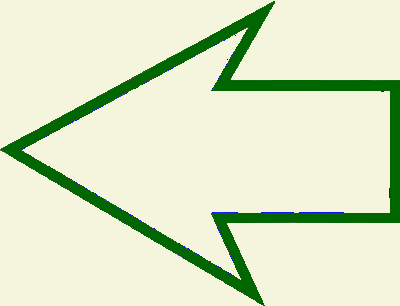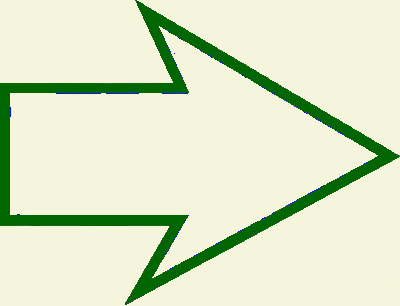 Index
Index 
Senses Souls Thought Process
Spring: Maples in full bloom yesterday, leaves still growing but completely unfurled. Stoics: While reading Nicholas P. White’s introduction to my copy of Epictetus’ Enchiridion, ISTMRN that stoicism’s insistence on order behind all inevitable causes (i.e. “purpose” to the falling particles) could benefit from Taoism’s “perhaps”. The present instant is inevitable, a consequence of infinite past instances, each inevitable on its own. But of course infinite other pasts “could” have resulted in the present, but only one did in a chain of cause and effect, at least so it seems to me. I just can’t know which singular chain led to the present, so I guess based on hints persisting in the present. But it’s beyond my ken to know the past, to select the exact chain from the infinite possible. The stoics are right in that once the present occurs (which is always) its causation chain is fixed, at least in conscious minds. N’est-ce pas? What is, is; no way around it, at least not for human consciousness. But was it “goodness” or “order” that brought about the present? Perhaps, but I doubt it. My guess is “it” doesn’t have a purpose. As Lao Tzu said to have written (and written to have said) in verse one, to paraphrase, “We can’t know”. And of course there are infinite possible futures, the possibilities and actual manifestations as another “inevitable present” influenced by choices, mine or a spider’s; and I suppose, quantum events, as well as Newtonian stuff, but: “Que sera, sera”. And boy do we argue about what each other should do to have the “proper” influence, often the extent of completely overshadowing the, shall I say, WONDERFUL fact of our existence as conscious things in this present instant. Shadowing is OK, the intensity is hard to take all the time, so a little “worry” about the future is necessary for food and shelter, and often pleasures and avoidances. So, yes, Aristotle, I shouldn’t be obsessive about “knowing” AND “not knowing”. N’est ce Pas? Lao Tzu? Epictetus? Epicurus? |